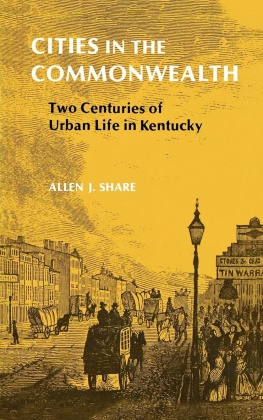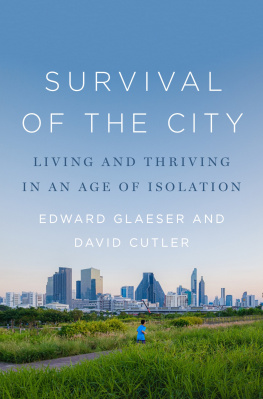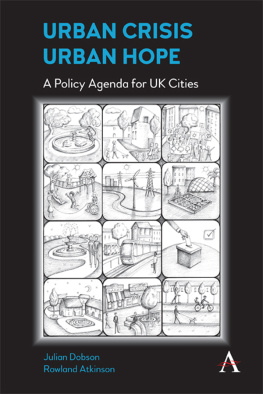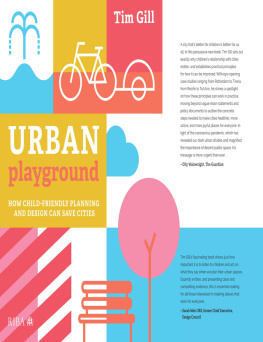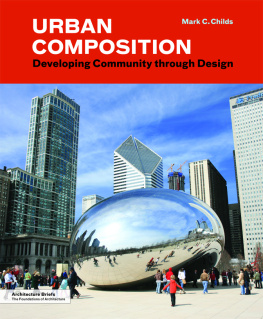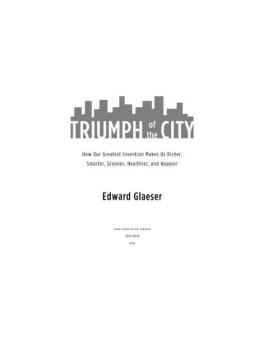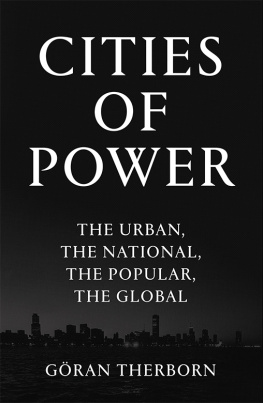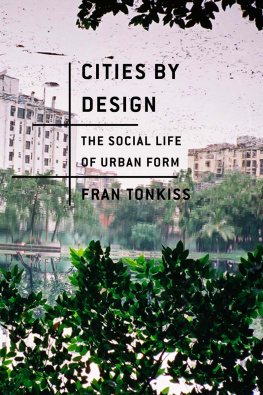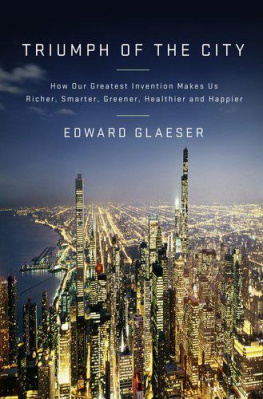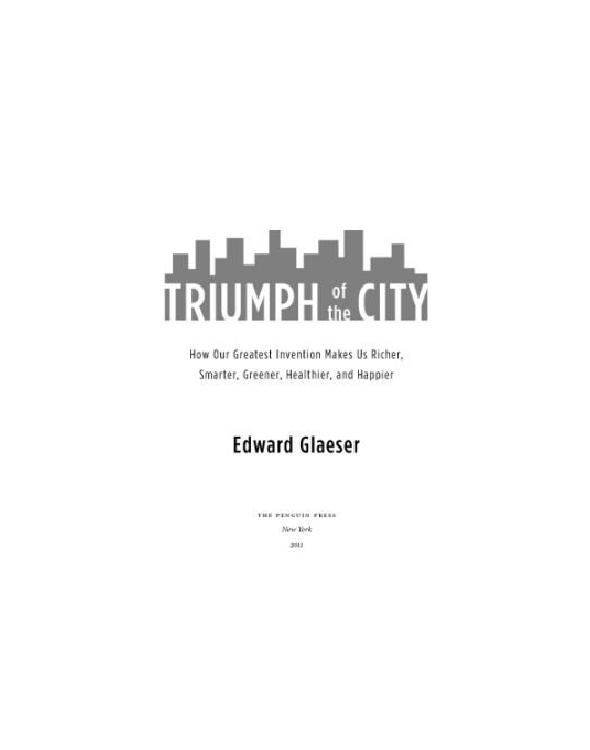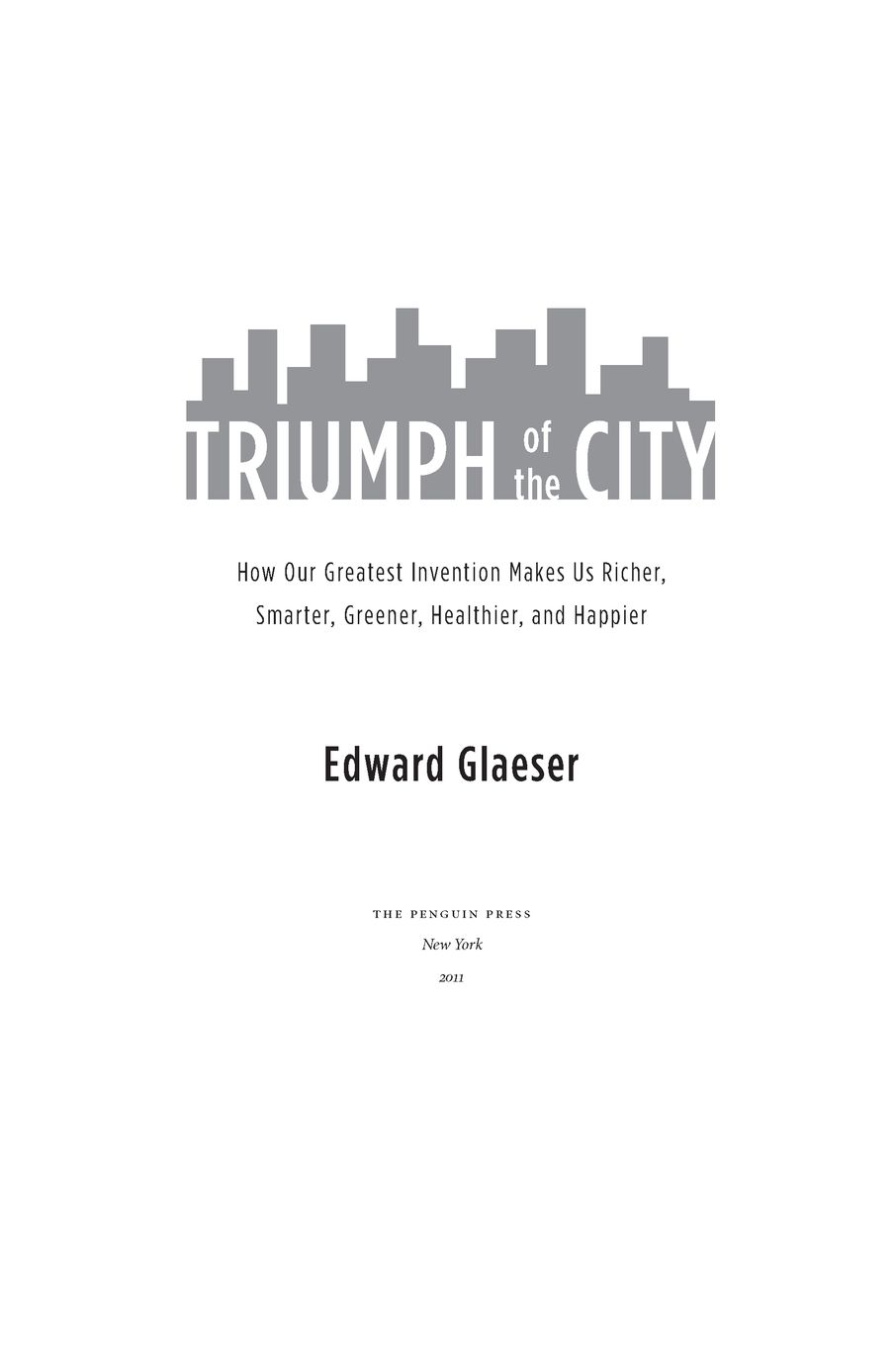Table of Contents
THE PENGUIN PRESS
Published by the Penguin Group
Penguin Group (USA) Inc., 375 Hudson Street, New York, New York 10014, U.S.A. Penguin Group (Canada), 90 Eglinton Avenue East, Suite 700, Toronto, Ontario, Canada M4P 2Y3 (a division of Pearson Penguin Canada Inc.) Penguin Books Ltd, 80 Strand, London WC2R 0RL, England Penguin Ireland, 25 St. Stephens Green, Dublin 2, Ireland (a division of Penguin Books Ltd) Penguin Books Australia Ltd, 250 Camberwell Road, Camberwell, Victoria 3124, Australia (a division of Pearson Australia Group Pty Ltd) Penguin Books India Pvt Ltd, 11 Community Centre, Panchsheel Park, New Delhi110 017, India Penguin Group (NZ), 67 Apollo Drive, Rosedale, North Shore 0632, New Zealand (a division of Pearson New Zealand Ltd) Penguin Books (South Africa) (Pty) Ltd, 24 Sturdee Avenue, Rosebank, Johannesburg 2196, South Africa
Penguin Books Ltd, Registered Offices: 80 Strand, London WC2R 0RL, England
First published in 2011 by The Penguin Press, a member of Penguin Group (USA) Inc.
Copyright Edward Glaeser, 2011
All rights reserved
LIBRARY OF CONGRESS CATALOGING-IN-PUBLICATION DATA
Glaeser, Edward L. (Edward Ludwig),.
Triumph of the city : how our greatest invention makes us richer, smarter, greener, healthier, and happier / Edward L. Glaeser.
p. cm.
Includes bibliographical references and index.
eISBN : 978-1-101-47567-6
1. Urbanization. 2. Cities and townsGrowth. 3. Urban economics. 4. Urban sociology. I. Title.
HT361.G53 2011
307.76dc22 2010034609
Without limiting the rights under copyright reserved above, no part of this publication may be reproduced, stored in or introduced into a retrieval system, or transmitted, in any form or by any means (electronic, mechanical, photocopying, recording or otherwise), without the prior written permission of both the copyright owner and the above publisher of this book.
The scanning, uploading, and distribution of this book via the Internet or via any other means without the permission of the publisher is illegal and punishable by law. Please purchase only authorized electronic editions and do not participate in or encourage electronic piracy of copyrightable materials. Your support of the authors rights is appreciated.
While the author has made every effort to provide accurate telephone numbers and Internet addresses at the time of publication, neither the publisher nor the author assumes any responsibility for errors, or for changes that occur after publication. Further, publisher does not have any control over and does not assume any responsibility for author or third-party Web sites or their content.
http://us.penguingroup.com
To Nancy,
for All the Days
INTRODUCTION:
Our Urban Species
Two hundred forty-three million Americans crowd together in the 3 percent of the country that is urban. Thirty-six million people live in and around Tokyo, the most productive metropolitan area in the world. Twelve million people reside in central Mumbai, and Shanghai is almost as large. On a planet with vast amounts of space (all of humanity could fit in Texaseach of us with a personal townhouse), we choose cities. Although it has become cheaper to travel long distances, or to telecommute from the Ozarks to Azerbaijan, more and more people are clustering closer and closer together in large metropolitan areas. Five million more people every month live in the cities of the developing world, and in 2011, more than half the worlds population is urban.
Cities, the dense agglomerations that dot the globe, have been engines of innovation since Plato and Socrates bickered in an Athenian marketplace. The streets of Florence gave us the Renaissance, and the streets of Birmingham gave us the Industrial Revolution. The great prosperity of contemporary London and Bangalore and Tokyo comes from their ability to produce new thinking. Wandering these citieswhether down cobblestone sidewalks or grid-cutting cross streets, around roundabouts or under freewaysis to study nothing less than human progress.
In the richer countries of the West, cities have survived the tumultuous end of the industrial age and are now wealthier, healthier, and more alluring than ever. In the worlds poorer places, cities are expanding enormously because urban density provides the clearest path from poverty to prosperity. Despite the technological breakthroughs that have caused the death of distance, it turns out that the world isnt flat; its paved.
The city has triumphed. But as many of us know from personal experience, sometimes city roads are paved to hell. The city may win, but too often its citizens seem to lose. Every urban childhood is shaped by an onrush of extraordinary people and experiencessome delicious, like the sense of power that comes from a preteens first subway trip alone; some less so, like a first exposure to urban gunfire (an unforgettable part of my childhood education in New York City thirty-five years ago). For every Fifth Avenue, theres a Mumbai slum; for every Sorbonne, theres a D.C. high school guarded by metal detectors.
Indeed, for many Americans, the latter half of the twentieth centurythe end of the industrial agewas an education not in urban splendor but in urban squalor. How well we learn from the lessons our cities teach us will determine whether our urban species will flourish in what can be a new golden age of the city.
My passion for the urban world began with the New York of Ed Koch, Thurman Munson, and Leonard Bernstein. Inspired by my metropolitan childhood, Ive spent my life trying to understand cities. That quest has been rooted in economic theory and data, but it has also meandered through the streets of Moscow and So Paulo and Mumbai, through the histories of bustling metropolises and the everyday stories of those who live and work in them.
I find studying cities so engrossing because they pose fascinating, important, and often troubling questions. Why do the richest and poorest people in the world so often live cheek by jowl? How do once-mighty cities fall into disrepair? Why do some stage dramatic comebacks? Why do so many artistic movements arise so quickly in particular cities at particular moments? Why do so many smart people enact so many foolish urban policies?
Theres no better place to ponder these questions than what many consider to be the archetypal cityNew York. Native New Yorkers, like myself, may occasionally have a slightly exaggerated view of their citys importance, but New York is still a paradigm of urbanity and therefore an appropriate place to start our journey to cities across the world. Its story encapsulates the past, present, and future of our urban centers, and provides a springboard for many of the themes that will emerge from the pages and places ahead.

If you stand on Forty-seventh Street and Fifth Avenue this Wednesday afternoon, youll be surrounded by a torrent of people. Some are rushing uptown for a meeting or downtown to grab a drink. Others are walking east to enter the great subterranean caverns of Grand Central Terminal, which has more platforms than any other train station in the world. Some people may be trying to buy an engagement ringafter all, Forty-seventh Street is the nations premier market for gems. There will be visitors gazing upwardsomething New Yorkers never doon their way from one landmark to another. If you imitate a tourist and look up, youll see two great ridges of skyscrapers framing the shimmering valley that is Fifth Avenue.


